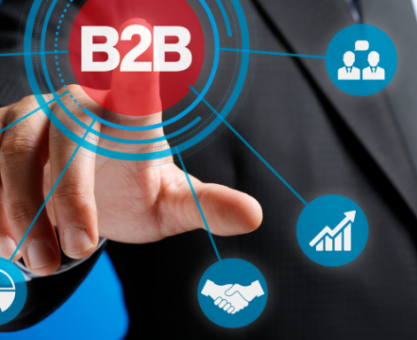Executive Summary
-
Discover how AI-driven personalization doubled engagement for a leading retailer.
-
Explore the benefits and challenges of implementing AI in marketing strategies.
-
Learn actionable steps and insights from a real-world case study.
-
Uncover expert tips for leveraging AI in personalized marketing.
Introduction
In the hyper-competitive world of online retail, standing out is no small feat. Retailers are constantly seeking innovative ways to capture the attention of consumers and foster brand loyalty. Enter AI-driven personalization—a powerful tool that is transforming the landscape by tailoring user experiences to individual preferences. This article delves into the journey of a retailer who successfully harnessed AI to boost engagement. We will explore the benefits, challenges, and strategic insights that can help businesses replicate this success.
Definitions / Context
AI-driven personalization involves using artificial intelligence to analyze consumer data and deliver customized experiences. This can range from personalized product recommendations to tailored content and marketing messages. The goal is to make interactions more relevant and engaging for the consumer, thereby increasing the likelihood of conversion and retention.
Benefits / Pros
-
Increased Engagement: Personalized experiences keep users engaged longer, leading to higher conversion rates.
-
Enhanced Customer Loyalty: By making customers feel valued and understood, brands can foster long-term loyalty.
-
Improved Sales Performance: Targeted recommendations and promotions can drive significant sales growth.
-
Data-Driven Insights: AI provides actionable insights into consumer behavior that can inform broader marketing strategies.
Risks / Cons / Challenges
-
Data Privacy Concerns: Handling sensitive consumer data requires strict compliance with privacy regulations.
-
Implementation Complexity: Integrating AI systems can be technically challenging and resource-intensive.
-
Potential for Bias: AI algorithms can inadvertently perpetuate biases if not carefully monitored and adjusted.
Step-by-Step Process
How to Implement AI-Driven Personalization:
-
Define Objectives: Establish clear goals for what you want to achieve with personalization.
-
Collect Data: Gather data on consumer preferences, behaviors, and demographics.
-
Choose the Right Tools: Select AI tools that align with your objectives and technical capacity.
-
Analyze and Segment: Use AI to analyze data and segment your audience for targeted marketing.
-
Implement Personalization Strategies: Develop and deploy personalized content and recommendations.
-
Monitor and Optimize: Continuously analyze performance and refine strategies for better results.
A mid-sized online apparel retailer faced stagnant engagement rates despite a robust catalog. By implementing an AI-driven personalization strategy, they tailored product recommendations and personalized email marketing campaigns. Within six months, engagement metrics, including click-through and conversion rates, doubled. The retailer attributed this success to AI’s ability to deliver highly relevant experiences, fostering deeper connections with their audience.
Case Study: Online Apparel Retailer’s Personalization Success
Expert Tips / Strategic Insights
-
Focus on Quality Data: Epiidosis recommends ensuring that the data feeding your AI systems is clean and comprehensive.
-
Iterate and Adapt: Regularly update personalization algorithms to reflect changing consumer trends and preferences.
-
Balance Personalization and Privacy: Ensure transparency with customers about how their data is used to build trust.
Tools / Resources / Calculators
-
Personalization Tools: Consider platforms like Salesforce, Adobe Experience Cloud, and Dynamic Yield for robust AI-driven solutions.
-
Resources: The Epiidosis whitepaper on AI in retail provides deeper insights and best practices.
Conclusion
AI-driven personalization offers a powerful avenue for retailers to enhance engagement and drive sales. By understanding and implementing AI effectively, businesses can create meaningful interactions that resonate with consumers. As the case study illustrates, the strategic use of AI in marketing can transform customer relationships and significantly improve business outcomes.

















